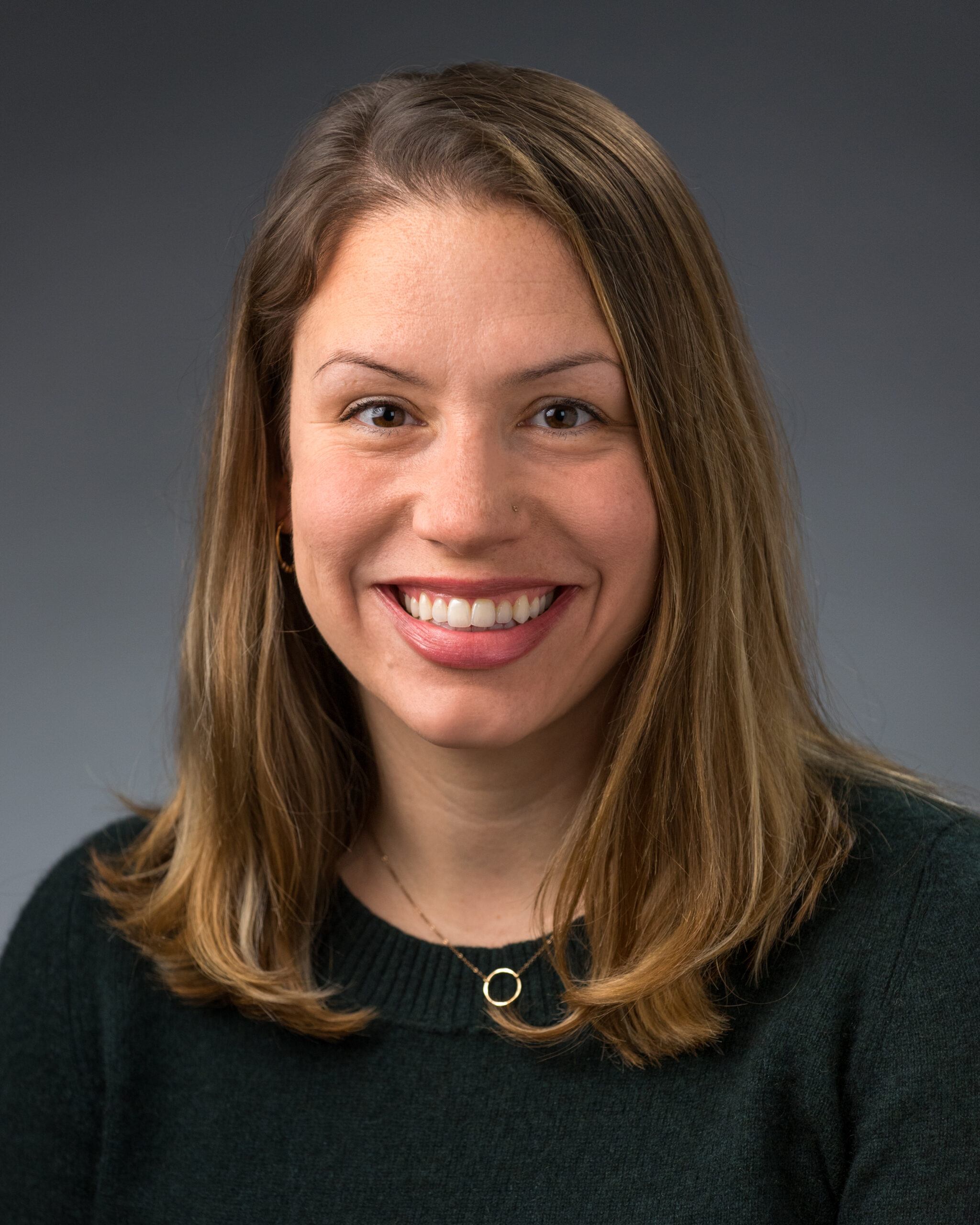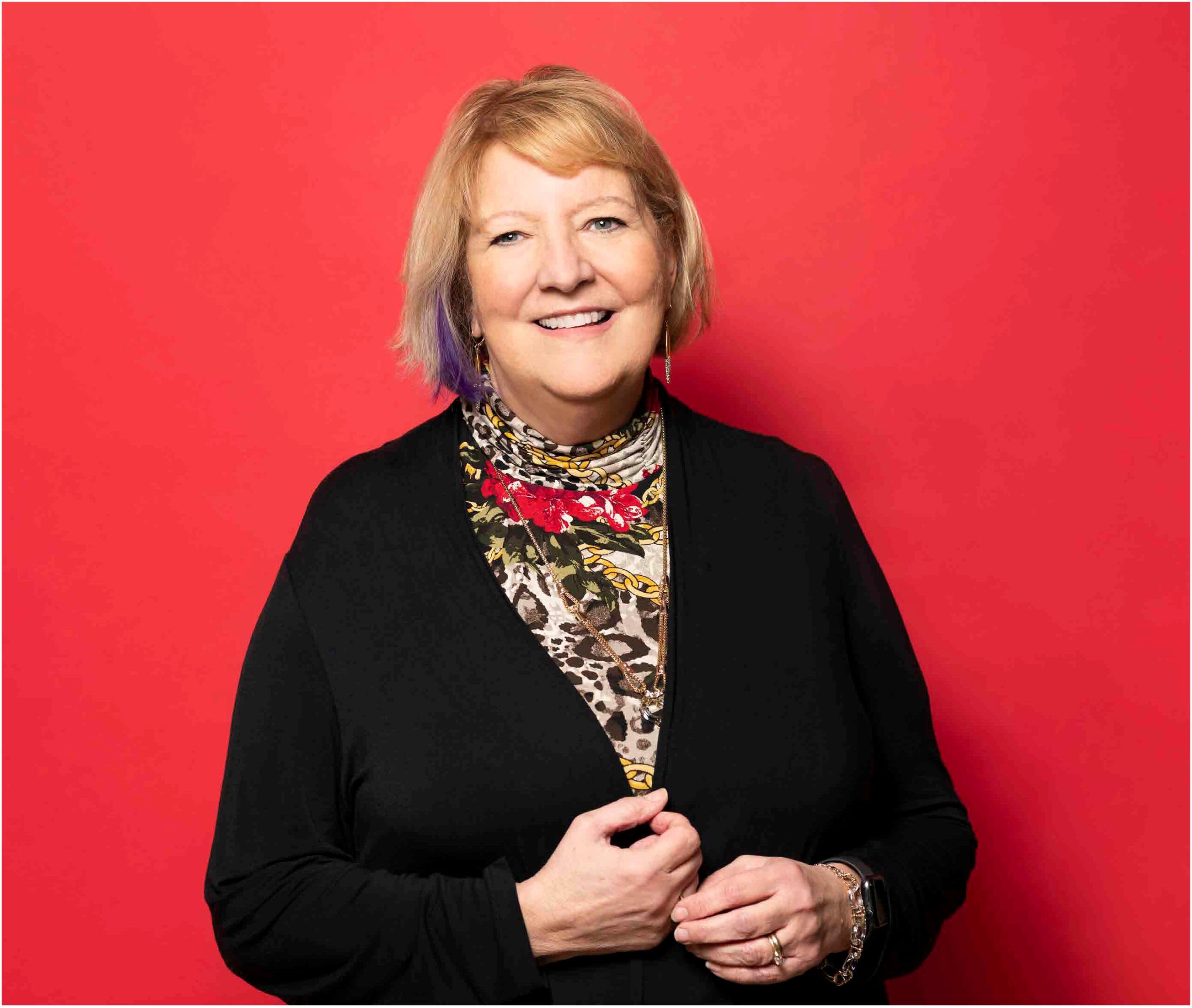 United Way of Southwest Virginia
United Way of Southwest Virginia (Mary Anne Holbrook, Vice President of Community Impact)
Abingdon, Virginia
United Way of Southwest Virginia (UWSV) serves a large portion of the Commonwealth’s rural population, providing health, education, and financial resources to people of all ages. Communities across Southwest Virginia depend on them to quickly mobilize to meet immediate needs and assist in long-term recovery after disaster strikes. Their staff truly understand the needs of the communities they serve and are committed to their success. Their passion is matched with an unwavering dedication that results in meaningful work and programming for Southwest Virginians.
With a footprint that covers nearly 20% of the state, UWSV is the leading regional non-profit organization focused on community impact. Through an initiative-based cradle-to-career approach, we create sustainable solutions to address the challenges facing tomorrow’s workforce. UWSV innovates for positive, lasting social change through collaboration with government, businesses, nonprofits and individuals.
Known as an innovator and convener, UWSV annually produces a Rural Summit in partnership with the Virginia State Office of Rural Health. This event brings together hundreds of leaders and practitioners from all corners of rural Virginia to share best practices and align goals for greater impact.
For the 2021 and 2022 floods that devastated rural communities, UWSV stepped forward to coordinate long-term recovery efforts by bringing together donors to support the cause, developing a strategic plan, convening community stakeholders, and coordinating efforts to repair and rebuild to stretch donor dollars as far as possible. The organization has collaborated with countless organizations and individuals who have helped contribute to the repair and rebuilding of these rural communities.
The “Power of Rural” translates in our work to “Rural does not mean less.” The “Power of Rural” is quick, trusted relationships that share an unwavering commitment to their communities.
We value a close partnership with the Virginia State Office of Rural Health. We have formal partnerships with the organization through grant-funded initiatives that support the aligned goals of both of our organizations.
 Dunia Faulx and the Jefferson Healthcare Dental Clinic Team
Dunia Faulx and the Jefferson Healthcare Dental Clinic Team Port Townsend, Washington
Jefferson Healthcare was one of Washington’s first rural health systems to work jointly with public health and to pull together a multi-sector community team to tackle top-priority health issues for the population. Dunia has been the spark and vision behind many population health initiatives, leading population health work far before other rural health systems awakened to the need for a role like hers.
I am the Chief Planning and Advocacy Officer at Jefferson Healthcare, a rural Critical Access Hospital that provides all healthcare for the residents of East Jefferson County. With the support of Jefferson Healthcare leadership, specifically CEO Mike Glenn and Dr. Joe Mattern, I started the Population Health Department in 2016 (the first in the state), focusing on housing, food insecurity, and social isolation. We now touch on various health determinants, including transportation, early childhood, climate change, and equity. We also lead a thriving advocacy program that supports local, state, and federal advocacy and policy change for rural healthcare – at our agency and more broadly.
In 2016, Jefferson Healthcare partnered with Jefferson County Public Health to perform a Community Health Needs Assessment. Access to dental care, specifically for the adult Medicaid population, was identified as a key need for our community. Staff worked with the Washington State Hospital Association and the Washington State Legislature to establish a dental encounter rate to pay Rural Health Clinics to provide dental care to Medicaid enrollees. Ultimately successful (with the support of a State appropriation and a HRSA Oral Health Workforce Activities grant), we were the first to open a dental clinic embedded within a Rural Health Clinic. The breadth and depth of partnerships that supported this initiative were incredible; the Jefferson Healthcare dental team is proud to serve thousands of dental clinic patients annually and is currently exploring options to expand our dental service line and reach remote populations with a mobile dental unit.
Jefferson Healthcare provides full spectrum reproductive healthcare, SANE (Sexual Assault Nurse Examiner) services, integrated behavioral health services within our primary care clinics, and many others. We have continued to push the boundaries for what healthcare can and should provide in a rural setting.
The “Power of Rural” is the inherent strength that rural communities, healthcare systems, and citizens have when difficult problems and opportunities arise. It is the ability of rural agencies to come together no matter the problem, find a solution, and implement it.
The State Office of Rural Health is a key partner in all of Jefferson Healthcare’s work. We deeply appreciate the thought partnership, connections, and support they provide. We would never have been so successful if I didn’t have the opportunity to call up the WA State Office of Rural Health and say, “Hey, I have a wild idea…what if we did this to support our community?” and always receive a “Yeah, go for it!” in response.
 Sharon Lansdale, R.Ph., MS
Sharon Lansdale, R.Ph., MS President/CEO Emeritus, Advisor Rural Health Initiatives
The Center for Rural Health Development, Inc.
Hurricane, West Virginia
Sharon joined the Center for Rural Health Development, Inc., in 1995 and brings over 40 years of experience in health and health care resulting from her work in private and public health sectors. Though retiring in July 2023, she will continue her work at the Center as Advisor of Rural Health Initiatives, President/CEO Emeritus, over the next several years. Before entering public health, Sharon worked as a hospital pharmacist, including serving as the director of pharmacy at a hospital in Charleston. She was engaged in educating patients with diabetes about how to manage their diabetes once discharged from the hospital. This led her to the WV Bureau for Public Health, where she developed the Bureau’s first diabetes control program. After serving as a consultant at the Bureau for several years, she became the Director of the Division of Health Promotion and Chronic Disease Prevention, where she managed the development of several chronic disease control and community health improvement programs.
We focus on the linkages between both health/healthcare and economic development. In 2018, recognizing that community health and economic prosperity are inextricably linked, the Center launched Wild, Wonderful and Healthy West Virginia. Through this program, the Center works to strengthen the capacity of communities to improve the health of residents and create a community culture that supports entrepreneurial and small business development.
The Center created the WV Rural Health Infrastructure Loan Fund to provide a source of affordable capital financing for healthcare providers and organizations in the state. Since 2001, the Center has partnered with banks and other funders to leverage over $65 million in healthcare infrastructure improvements in the state with less than 0.01% losses. The success of the Loan Fund is attributable to the many funders, other financers and loan committee members who share our vision for a healthy West Virginia.
West Virginia is one of the most rural states in our nation, so to attract businesses and the jobs that come with them, we need to move WV out of the bottom of the most unhealthy states in the nation. This will not be accomplished if we don’t focus on creating environments in our rural communities that not only support the health of our residents but also support small business and entrepreneurial development. The Wild and Wonderful part of our state is our beautiful rural communities.
The Center has a very close relationship with the West Virginia Office of Rural Health. When unmet needs or challenges are identified, we work together to identify which organization is best equipped to take the lead, with the support of the other organizations.
 Caroline Hickerson, MA
Caroline Hickerson, MA Executive Director
Wyoming Health Resources Network
Cheyenne, Wyoming
As the executive director of the Wyoming Health Resources Network (WHRN), a non-profit organization, I wear many hats. I work closely with all of the University of Wyoming College of Health Science programs, which includes the medical school program through the University of Washington (WWAMI), the WICHE MD, DO, PA, Dentistry, Optometry, PT and OT programs, the Family Residency programs throughout the State and lastly, the DNP program. WHRN works closely with students in these programs to share workforce data and job opportunities to help them stay or return to Wyoming when they complete their education. Additionally, I run our 3RNET database as Wyoming’s Statewide Coordinator and facilitate networking events for healthcare professionals and administrators.
Wyoming’s primarily rural landscape makes recruiting and retaining our healthcare providers a difficult and much-needed mission. By helping to educate healthcare professionals about opportunities in the state and connecting them continuously with healthcare organizations, WHRN works to build relationships to improve our rural recruitment and retention strategy.
Recently, WHRN partnered with Elevate Wyoming to conduct a comprehensive needs assessment to identify recruitment and retention strategies that will help draw and keep healthcare professionals across the state. We worked closely with healthcare administrators and professionals in every county to complete the survey and then shared that valuable data at the 2023 Power of Rural Conference. The full report was sent to all Wyoming healthcare organizations within the state so they could use that information to direct their recruitment and retention efforts.
During COVID, there was very little recruitment. Then, as recruitment started back up, hospitals in the state had to make drastic cuts to keep their doors open, such as closing their Labor and Delivery units and ceasing all OB-GYN recruitment. This was extremely difficult for OB-GYN physicians in residency programs who had planned to return to Wyoming for work. WHRN worked closely with those physicians to help them identify and connect with existing positions and provide career coaching on the current OBGYN landscape for those who had not yet matched.
To me, it means how rural communities come together and combine their resources to provide incredible care and resources.
I have a fantastic relationship with the Wyoming Office of Rural Health. Through a contract with our SORH, WHRN can provide 3RNET and recruitment for primary care providers at no cost. This is an incredible benefit for all who live in Wyoming.